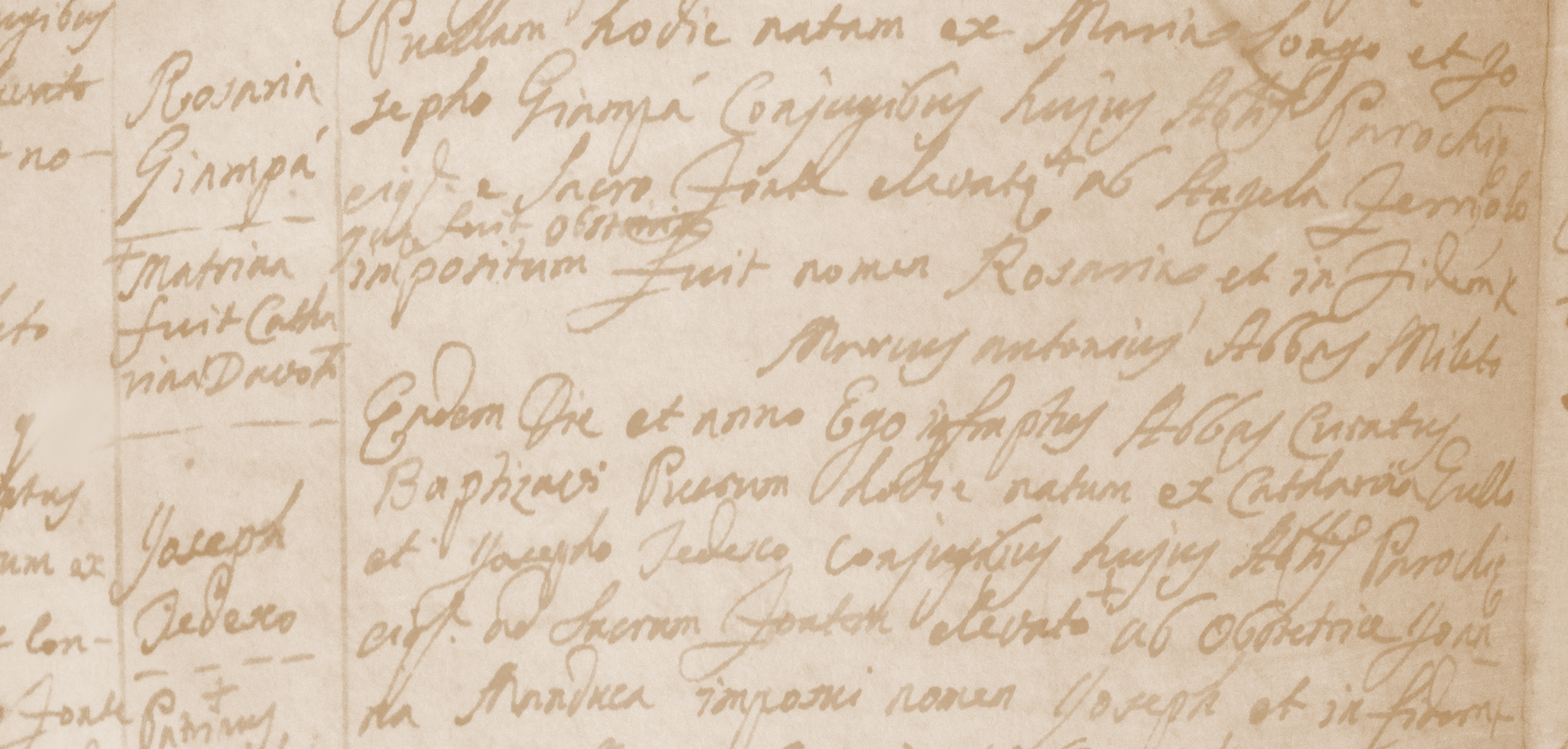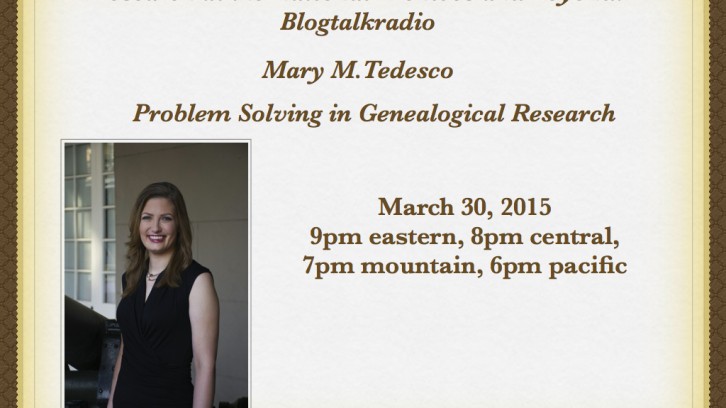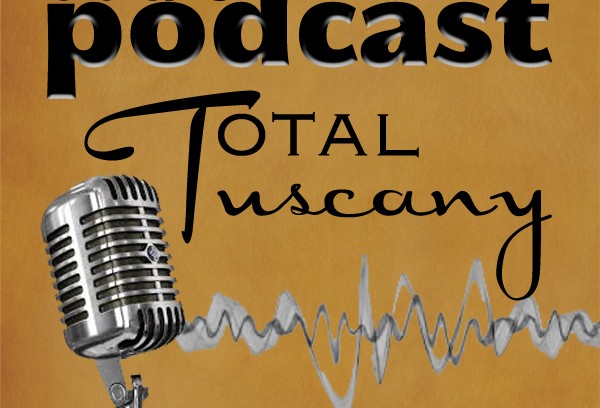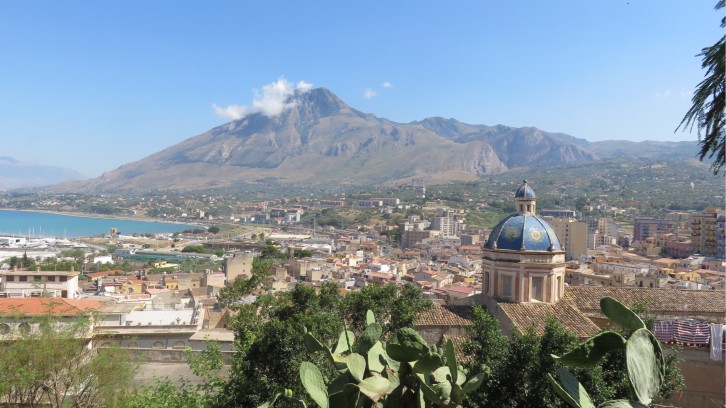A previous post discussed the first steps in tracing your Italian roots (click here to read the post). Some of the strategies included consulting home sources and interviewing older relatives for information about your Italian origins. Sometimes, however, knowledge of a family’s ancestral town is not known by the older generation or discoverable in family sources. This is when it is necessary to introduce some good old-fashioned genealogy research into the mix. Some may find this research more challenging than others, depending on the time period the immigrant arrived in the United States (or in another country) and the availability of records in a given area. But no matter what the challenges, don’t lose sight of your goal to locate your ancestral town in Italy.
A great place to begin your search is online. A number of genealogy websites have searchable indexes and digital images of passenger manifests. One of these manifests could hold the information you’re looking for. Italian immigrants arrived at numerous American ports with access to the Atlantic Ocean including New York (Ellis Island & Castle Garden), Boston, Philadelphia, New Orleans and Baltimore. Some passenger lists have two pages; so don’t forget about page two of the passenger list. It’s also a good idea to check above and below the entry for your ancestor; you might just find some other friends and relatives that were travelling with him or her to America!
Another great resource for locating Italian ancestral origins is naturalization records. These records were generated when our Italian parents, grandparents and great grandparents became naturalized citizens of the United States. Two key records to look for are the Declaration of Intent and the Petition for Naturalization. Either one of these records could contain the name of your ancestral town in Italy. To learn more about this topic, please refer to They Became Americans: Finding Naturalization Records and Ethnic Origins or what some like to call, “the Bible of Naturalization records” written by rock star genealogist Loretto “Lou” Dennis Szucs.
Passenger lists and naturalization records are not the only places to find your Italian origins. Also try vital records. If you have not already done so, track down marriage and death records for your Italian ancestor. More recent records have a greater likelihood of containing your precise ancestral town. If that is a dead end, try acquiring birth, marriage and death records for the all the children, siblings and spouse(s) of the immigrant. Still can’t find you ancestral town? Also try getting the records for the friends and neighbors of the immigrant. These records could also hold clues about your Italian ancestral origins, as Italians often immigrated with or traveled to join friends and relatives in the United States.
If passenger lists, naturalization records, and vital records don’t contain clues about Italian roots, you’ll need to persevere, to pull out all the stops and leave no stone unturned. Depending on your local geographic area, the available records you’ll need to search will vary. But in the end, you should track down any and every official (and unofficial) document your ancestors, his or her spouse or children generated in their lifetimes (or as a result of their deaths). This list could include: employment records, cemetery records, records from Italian-American groups and organizations (like the Sons of Italy), city directories, census records, newspapers, local history books (county, city, church, etc), social security applications, pension records, military records, land records, tax records, wills and probate records, court records, and many, many others. In the genealogy world, this is referred to as a “reasonably exhaustive search.”
The journey to locate your Italian ancestral origins is not always speedy or obvious, but knowledge of your ancestral town (and the names of your ancestor’s parents) will act as an essential guidepost on your way. You will need this guidepost before delving into Italian records or catching flights to Naples. The main thing is, don’t get discouraged. There is always a way to find the information you need—that’s the fun of it! Be ever persistent and persevering in your search for your Italian origins. You will find the effort well worth the trouble.
Stay tuned for more information about researching your Italian genealogy.
-Mary M. Tedesco, ORIGINS ITALY.
Learn more about Italian genealogy with “Tracing Your Italian Ancestors!”
Please sign up for the ORIGINS ITALY mailing list:





